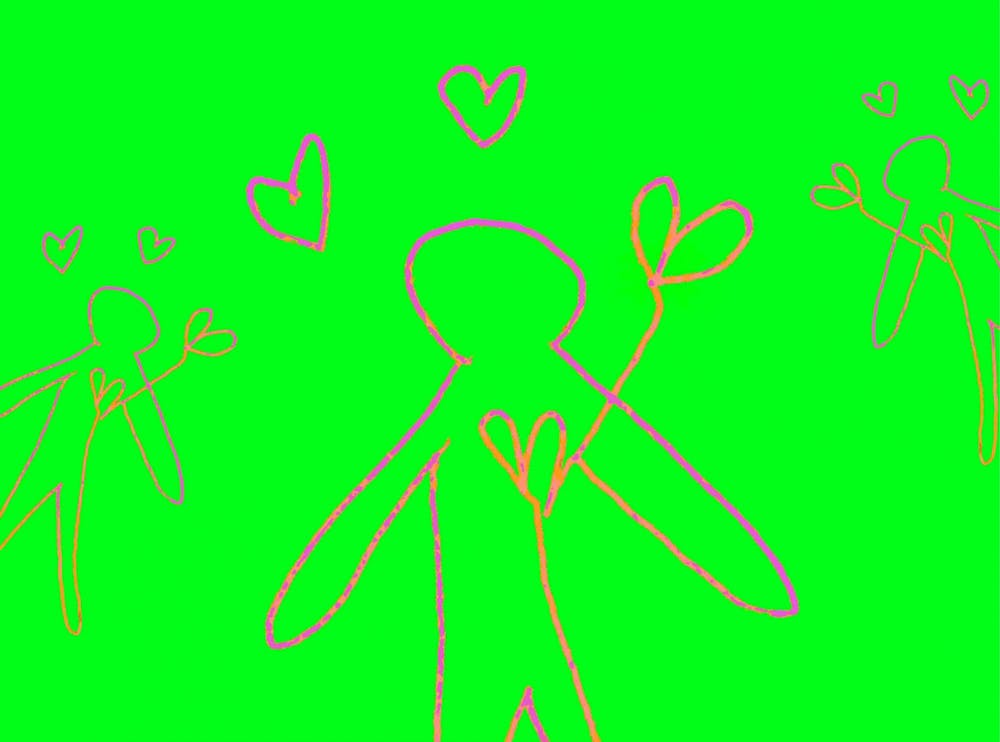"Acceptance" is a funny word. I’ve been thinking a lot about it as quarantine inevitably forced the introspection I used to reserve for quiet, empty Sunday mornings into an everyday occurrence. What will I accept from myself? What will I accept from others? And why do those two end up feeling drastically different?
I’m known for being hard (read: unkind) on myself, yet paradoxically, too forgiving of the people that cycle in and out of my life. Sometimes, this manifests in seemingly harmless ways. I’ll force myself to show up to parties 20 minutes early and take anxious laps around the block, but I’ll let my friends cancel ten minutes before dinner reservations—no questions asked. Or I’ll answer a text instantaneously because the thought of branding myself as a chronic ghoster gives me stomach aches, yet pine after men who leave me on read for days at a time. These are the hallmarks of the Disney Channel Original Movie sidekick; sure, I can be a doormat, but in the quirky and relatively normal way.
Other times, however, it feels like I’m constantly challenging myself to overcompensate for the ways others have failed me. I’ll lambast myself over forgetting the little things—responding to an Instagram meme, sending over notes from yesterday’s lecture, wishing your dog or boyfriend a happy birthday—while apologizing to myself on the behalf of friends who never managed to read a copy of Street, keep a plan, or show up when I need extra comfort. Friendship has always looked like a point system in my head. And I need to accrue all of them always, or else people won’t find me worthy of the bare minimum.
So, I’m giving myself grace, and tightening up my circle, even if it means I go a couple of months without the ping of a text from someone other than my mom and do a lot of public dining alone. As trite as it may sound, being alone is a whole lot less lonely than accepting emptiness from others. In learning what I won’t accept from friendships and relationships, I’ve learned that I need to be a lot more accepting of myself. For the first time in what feels like my entire college journey, I have the space to forgive myself for coming up short—and that's because I'm not forcing myself to forgive everyone else.
This week’s issue is about what it means to ask for acceptance, both from ourselves and from the institutions that surround us. It opens with a personal essay about the challenges of accepting our quarantine bodies, which are somehow both stronger and weaker than they were last April. We interview a teacher about combating burnout and unveil Penn Non–Cis’ language guide, a winding document designed to encourage Penn administrators and organizations to use language that is gender inclusive. Mostly, we’re acknowledging that acceptance is a non–linear process, and that it’s okay to take a couple of steps back before you plod forward.







